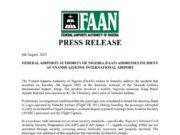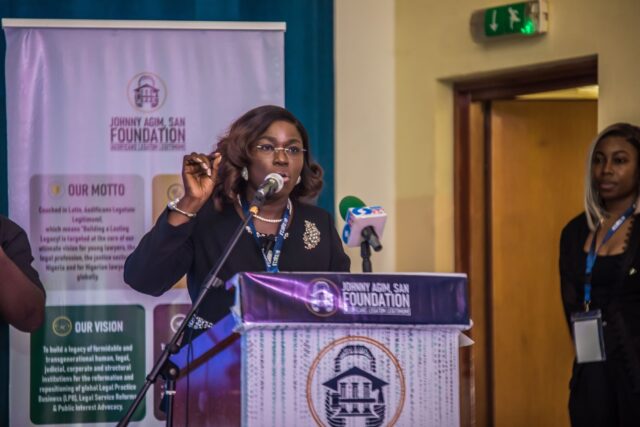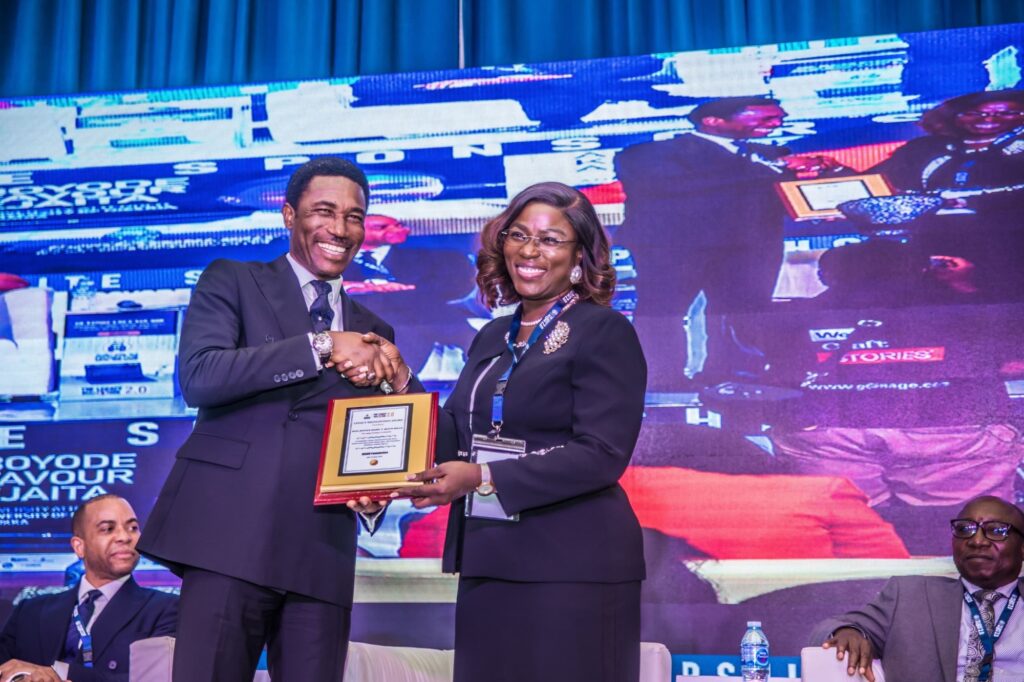
The Legacy Dialogue 2.0 powered by Johnny Agim SAN Foundation brought judges, senior advocates, legal scholars and young practitioners into the same room. Justice Segun-Bello articulated a sharp, if troubling, observation: many young lawyers are leaving private practice, skipping courtroom appearances, abandoning the profession’s traditional pathways.
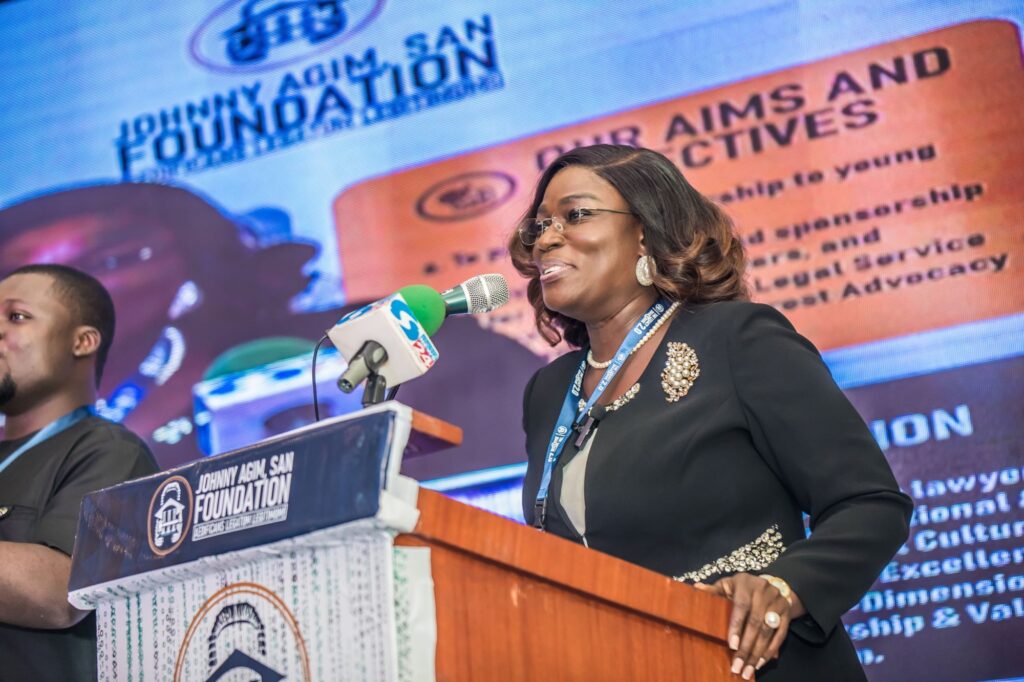
What emerged from the dialogue is a simple but urgent truth: the legal profession cannot remain a collection of solitary practitioners stumbling in darkness. It needs a systemic transfer of values, habits, expectations and professional identity. Mentorship cannot simply be optional or accidental: it must be institutionalised.
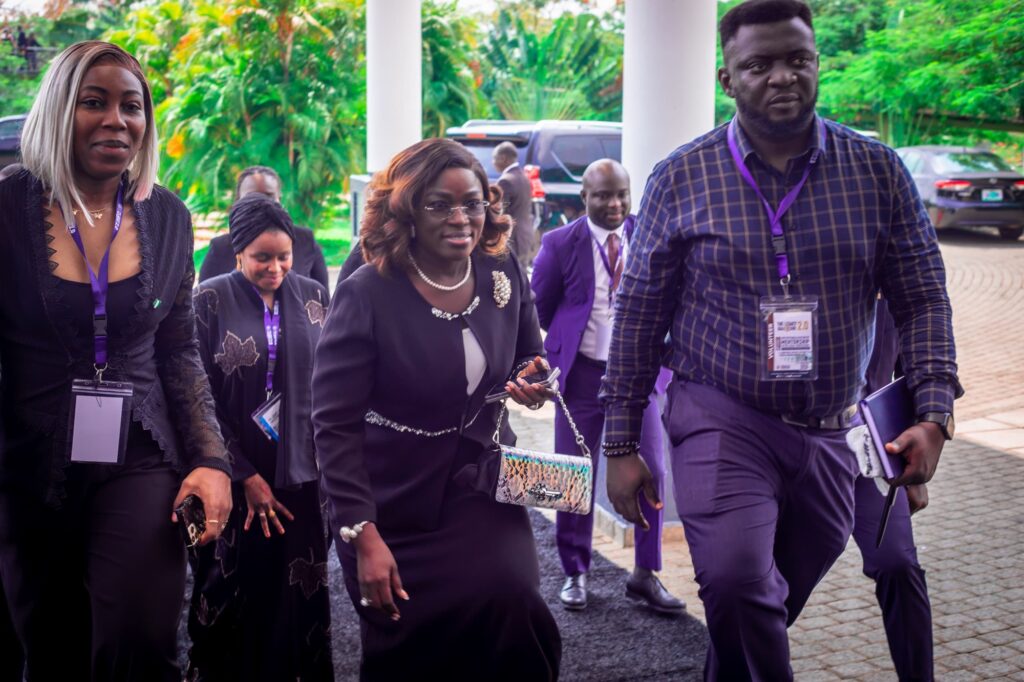
“The rhythm of the legal profession is – caught, not taught.” — Hon. Justice Mabel T. Segun-Bello
When Hon. Justice Mabel Segun-Bello uttered these words at The Legacy Dialogue 2.0, the entire room paused. There was weight in her voice — the kind that comes not just from years on the Bench, but from deep reflection on the fading bond between generations in the legal profession. Her statement wasn’t a quote for applause; it was a mirror, one that forced the legal community to confront the quiet erosion of mentorship that once defined its rhythm.
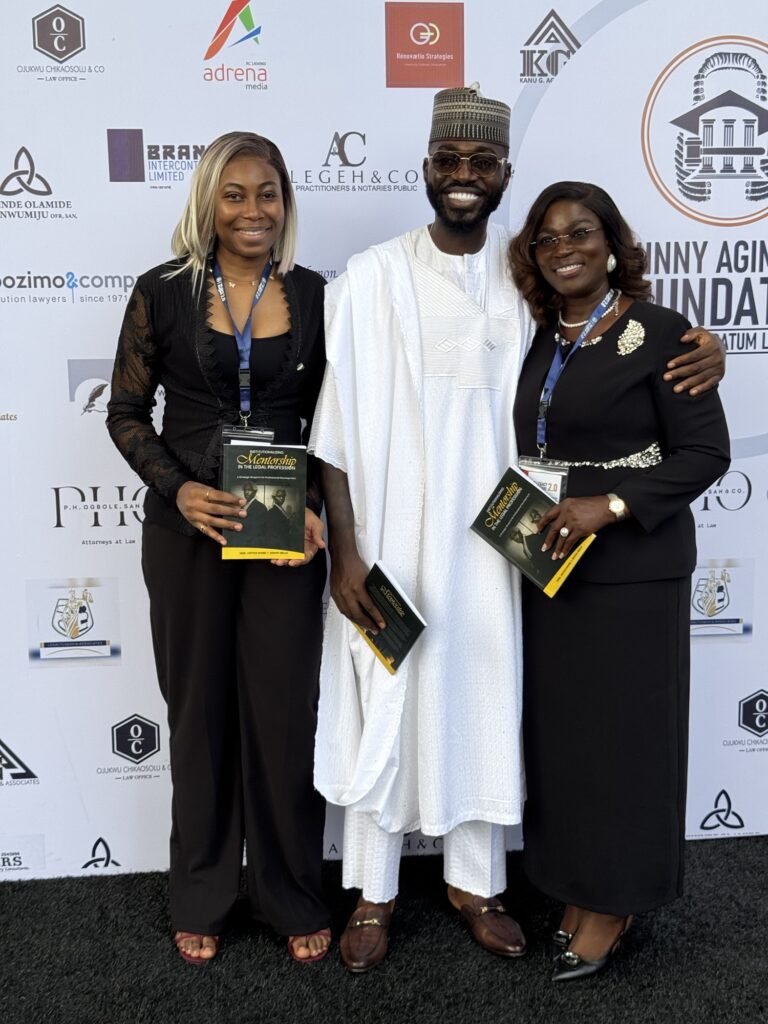
The Legacy Dialogue 2.0 was more than a ceremonial gathering. It was a conversation about continuity — about how one generation of lawyers passes the torch to the next.
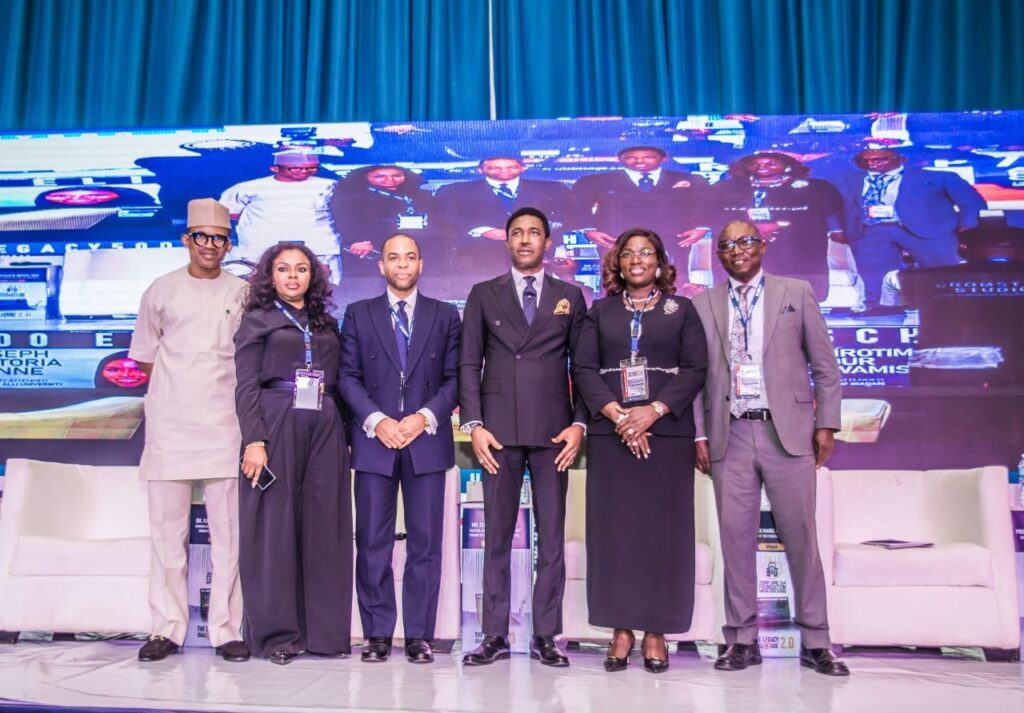
Justice Segun-Bello, in her calm yet compelling tone, reminded the audience that true learning in law does not begin or end in lecture halls. It happens in the chambers, in courtrooms, in the everyday exchanges between seniors and juniors — where ethics, discipline, and professional demeanor are absorbed, not merely taught. She lamented the growing number of young lawyers who are leaving the courtroom, choosing other paths because they feel unseen, unsupported, and under-mentored. “If we do not act,” she warned, “we may soon find a profession filled with only the old wigs, with no successors to continue its legacy.”
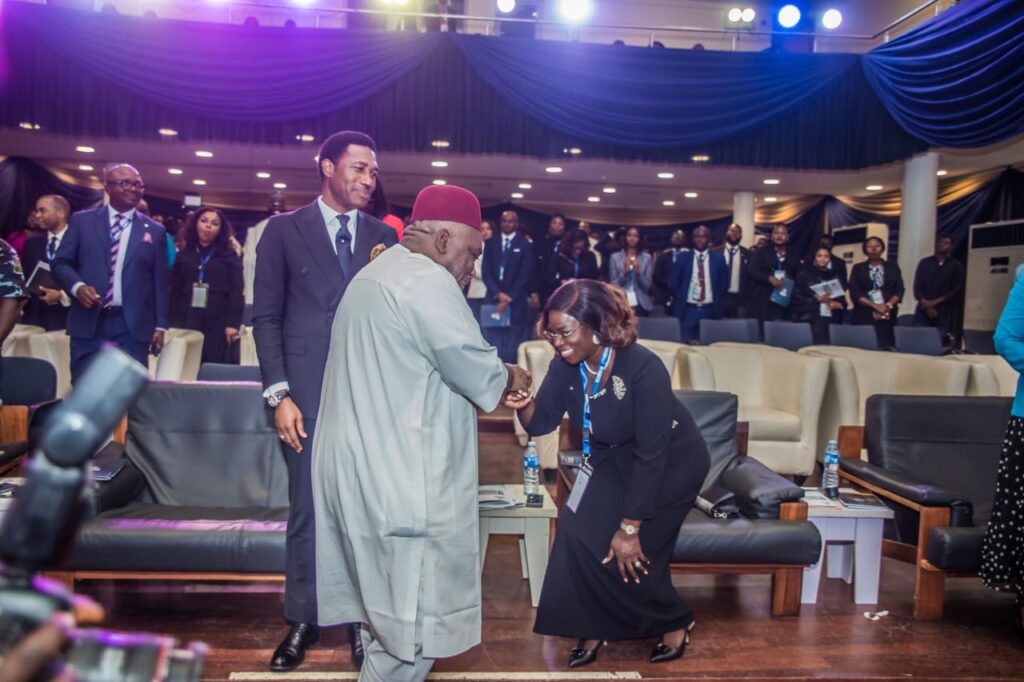
This message finds its fullest expression in her new book, “Institutionalisation of Mentorship in the Legal Profession – A Strategic Blueprint for Professional Development”. The book is not just a reflection on what has gone wrong; it is a practical call to rebuild the scaffolding of mentorship from the ground up. Justice Mabel T. Segun-Bello outlines how the profession’s survival depends on structured, systemic mentorship — one that is measurable, accountable, and deeply rooted in shared values. She urges bar associations, chambers, and judicial bodies to weave mentorship into their institutional fabric rather than leaving it to chance or goodwill.
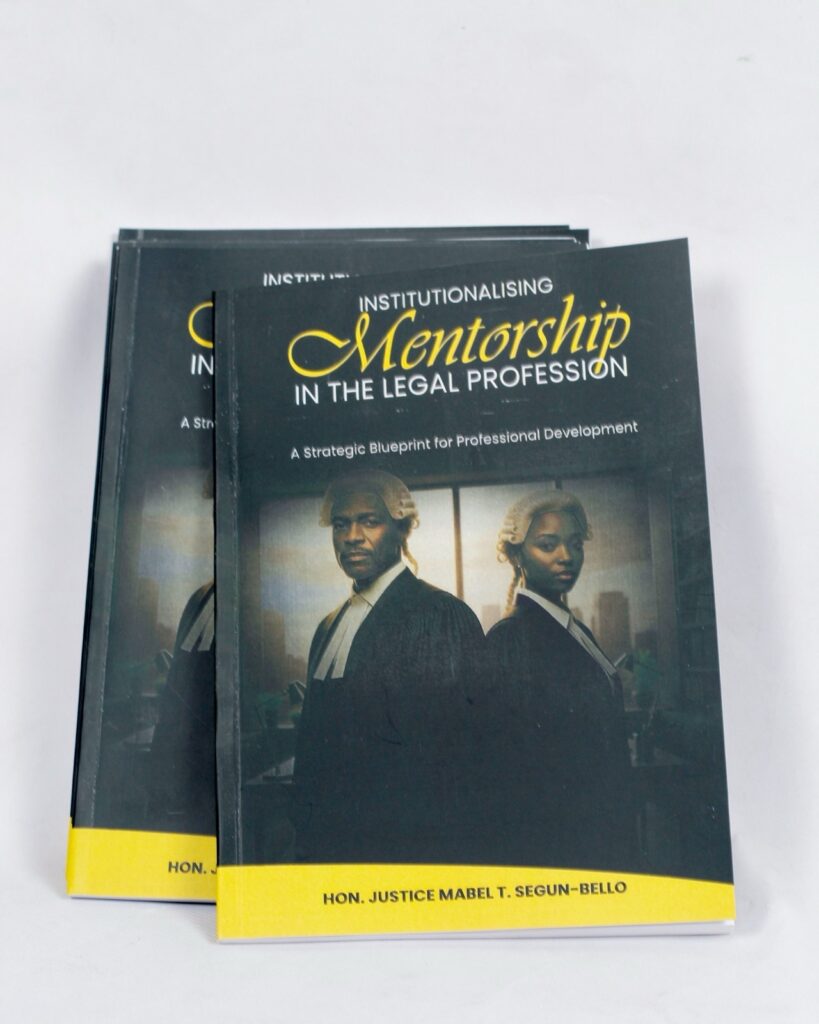
She highlights, too, the economic and structural barriers that hinder meaningful mentoring relationships. Many young lawyers struggle under poor remuneration, long hours, and limited exposure. Without deliberate inclusion and guidance, they lose both the motivation and opportunity to grow within the system. Mentorship, she insists, must therefore go beyond ceremonial pairing. It should involve shadowing, observation, review, and continuous guidance — a living, breathing relationship that transmits the craft, discipline, and dignity of law.
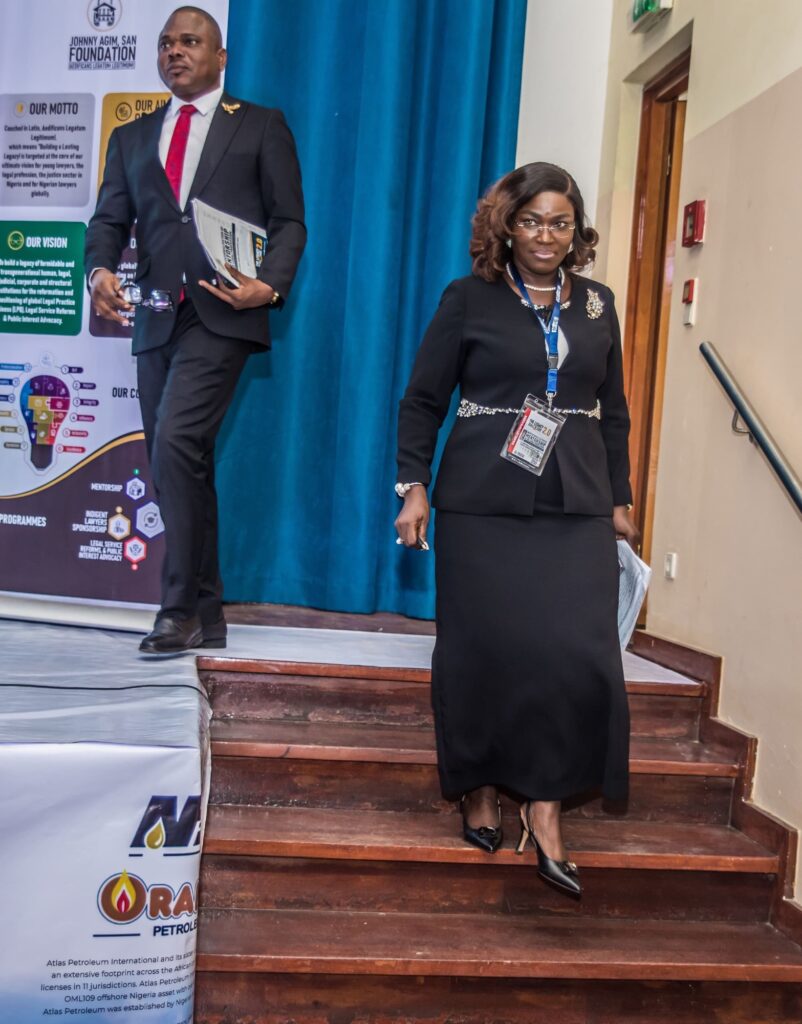
At the heart of her advocacy is the conviction that mentorship cannot remain a mere act of kindness. It must become an institutional duty. The legal profession thrives when its seniors understand that their every act is being caught — not through formal lectures, but through the silent apprenticeship of example. Every tone used in court, every word exchanged in chambers, every gesture of integrity — these are the invisible lessons shaping tomorrow’s practitioners.
Justice Mabel Segun-Bello’s words strike deeper than policy; they touch on culture. In a profession now caught between the allure of digital evolution and the weight of tradition, her message reminds us that while laws may evolve, the soul of the profession must remain anchored in mentorship. Technology can streamline research and documentation, but it cannot replicate the essence of learning by example — the art of watching, listening, and growing under another’s shadow.
Her book stands as both a warning and a blueprint. It warns that without mentorship, the legal profession risks losing its moral and professional compass. Yet, it offers hope — that with deliberate effort, mentorship can once again become the heartbeat of the Bar and Bench. The Legacy Dialogue 2.0, therefore, was not simply an event; it was a movement — one calling every lawyer to remember that legacy is not preserved by words, but by people.
In her closing reflection, Justice Segun-Bello left the audience with a thought that continues to echo beyond that hall: “The rhythm of this profession is caught, not taught.” Those words are now more than a statement — they are a challenge to every member of the legal community. To catch what must be caught. To teach what must be taught. And to ensure that mentorship ceases to be an afterthought, but becomes the very rhythm that keeps the legal profession alive.
Watch her speak:












